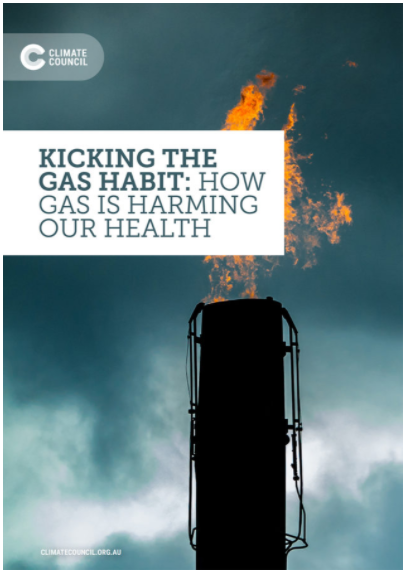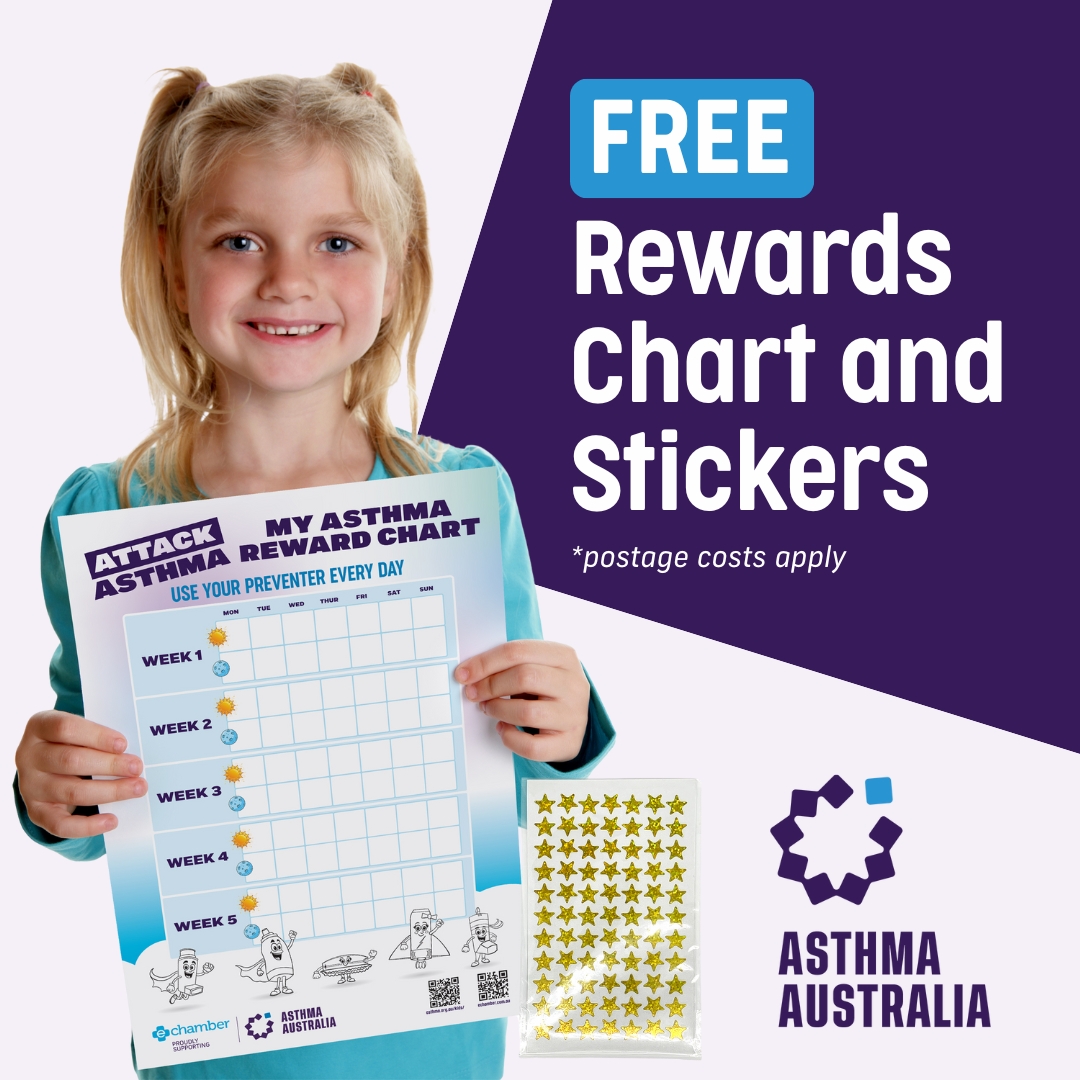NEW REPORT: The use of gas in homes is exposing Australian children to a higher risk of asthma, as well as driving climate change, a new Climate Council report has found.
“Cooking with gas is estimated to be responsible for up to 12 percent of the childhood asthma burden* in Australia,” said Climate Council spokeswoman and report author, Dr Kate Charlesworth.
“A child living with gas cooking in the home faces a comparable risk of asthma to a child living with household cigarette smoke,” she said.
The report, Kicking the Gas Habit: How Gas is Harming our Health, finds that gas commonly used for cooking and heating harms people’s health, while the process of extracting gas exposes communities to hazardous substances.
Asthma Australia CEO Michele Goldman said: “Australia has some of the highest rates of asthma in the world, and it is the leading cause of disease burden among school-aged children.”
“We should be doing everything possible to improve health outcomes for our children,” she said.
“Some people will be shocked to learn that cooking dinner on a gas stove could be contributing to their child’s asthma symptoms, we need education to improve awareness for indoor air pollution,” said Ms Goldman.
“People can take steps to reduce their risk by increasing ventilation, such as modern extraction fans over gas stoves, flues for gas heaters, and simple measures like opening windows. However, this won’t eliminate the risk completely,” she said.
Report key findings:
- Far from the “clean and natural” image that the gas industry markets, gas cooktops are known to produce contaminants that increase the risk of childhood asthma: in particular, nitrogen dioxide and certain forms of particulate matter, like PM2.5.

- Other types of indoor gas use, such as unflued gas heaters in school classrooms and homes, also harm children’s health.
- Children and poorer households are at highest risk from, and most likely to be harmed by, gas production and use.
- Research conducted in Queensland’s Darling Downs found that people living near coal seam gas developments were more likely to be hospitalised for tumours, as well as blood and immune diseases.
- Gas is a polluting fossil fuel. Governments can prevent health issues, and reduce harm, by helping households and the country move away from gas.
- Clean energy alternatives like solar and wind are the key to a prosperous, healthy future for all Australians.
“Just as doctors spoke up on the dangers of asbestos and tobacco in the past, we have a responsibility now to sound the alarm on the dangers of gas,” said Dr Charlesworth.
Gas extraction and processing involves many hazardous substances including those that cause cancer, interfere with childhood development, trigger asthma and contaminate the local environment through airborne pollution and wastewater.
“Gas is both directly hazardous to our health, and also as a fossil fuel, drives climate change, which worsens health risks related to extreme weather such as heatwaves, bushfires and intense storms,” said Dr Charlesworth.
“Governments can take simple, practical steps to protect Australians’ health, such as ending mandatory gas connections for new residential developments – as in the ACT – and offering incentives to people to replace gas appliances with electrical alternatives,” she said.
“Australians who switch from gas to efficient electric appliances will save money, protect their family and improve the health and wellbeing of our communities,” said Dr Charlesworth.
“The Federal Government must abandon its dangerous, polluting and expensive plans to expand gas operations, and instead spend public money on scaling up clean, safe and affordable renewable energy,” she said.
*’Burden of disease explained here
For interviews please contact Brianna Hudson on 0455 238 875 or Vai Shah on 0452 290 082.
The Climate Council is Australia’s leading community-funded climate change communications organisation. We provide authoritative, expert and evidence-based advice on climate change to journalists, policymakers, and the wider Australian community.
For further information, go to: climatecouncil.org.au
Or follow us on social media: facebook.com/climatecouncil and twitter.com/climatecouncil
Other articles of interest: 5 ways to kick the gas habit
New South Wales: Gas heaters used in most New South Wales schools are exposing children to a higher risk of asthma and dangerous indoor air pollution, a new Climate Council report has found. Read the Climate Council’s media release here (PDF).
Victoria: Over 80 percent of Victorian homes use gas – more than any other state or territory – which could be exposing children to a higher risk of asthma, a new Climate Council report has found. Read the Climate Council’s media release here (PDF).





 1800 278 462
1800 278 462



